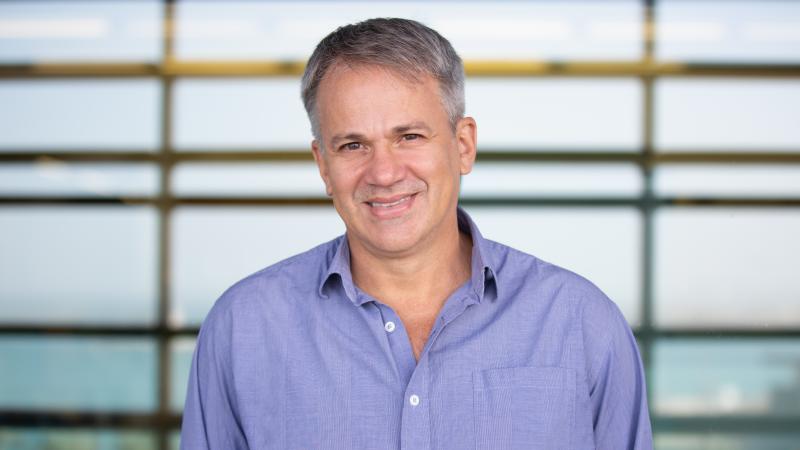Prof. Alexandre Rosado’s group was recently featured in Manufacturing and Engineering (MEM) magazine. The research conducted by his team, in collaboration with NASA-sponsored start-ups, repurposed portable microbial detection technology designed for space missions to support climate change solutions in Saudi Arabia. The Rosado Lab (MEGB Lab) focuses on studying microbial diversity and new microbial metabolisms, utilizing conventional tools along with multi-omics approaches to understand the evolutionary history, ecological roles, and physiological capacities of free-living and symbiotic microorganisms, including those found in extreme environments.
The successful mission, which initially tested devices intended for the International Space Station, marked the first deployment of this technique for investigating coral and mangrove microbiomes in high-salinity marine environments. Using cutting-edge portable devices, including on-the-spot DNA extraction tools, researchers achieved real-time monitoring, crucial for accurately understanding microbial communities. The mission also employed Nanopore third-generation sequencing technology, revealing previously unseen microbial diversity.
The success extends the potential of in-situ DNA extraction to medical settings and promises revolutionary advancements in coral and mangrove health diagnostics, restoration efforts, and the development of microbial-based solutions for ecosystem protection. This collaboration exemplifies the transformative impact of space technology on environmental monitoring and climate change solutions.
